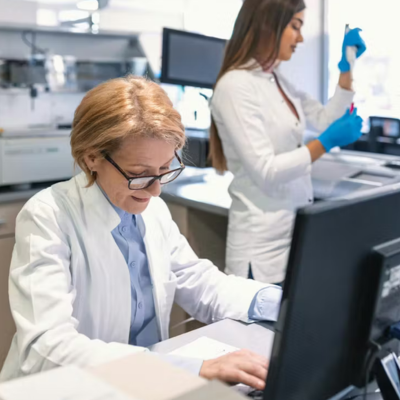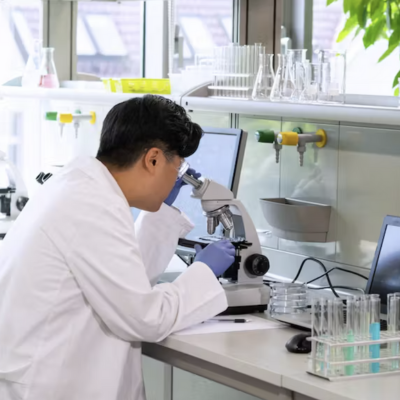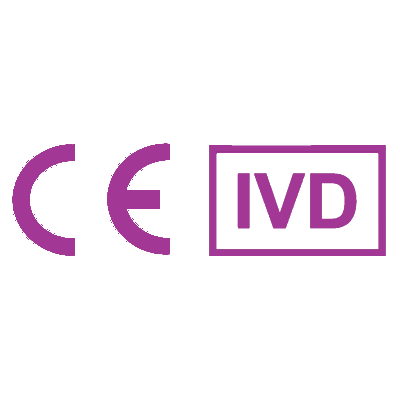"Key Points of Intersection in Diagnosis and Treatment of Cancer" Article Featured in Medical Laboratory Observer 2023
Featured in Medical Laboratory Observer - MLO
Written By Lisa-Jean Clifford
With the advancement and expanded uses of technology in the laboratory we have a host of opportunities in the hands of physicians and scientists to explore and study diseases in-depth and in a way that we historically have not been able to. We are seeing an unprecedented application of these technologies combined with the expertise of these human resources to open those avenues and take deeper dives into the study and understanding of tumors and cells and their behaviors, having a significant impact on the diagnosis and treatment plans for patient populations.
What are microbes and how do they play a key role in the diagnosis and treatment assumptions for cancer now? Without being condescending, or as a refresher, microbes can be both helpful and harmful in the human body — they can cause diseases like cancer, or they can help with inhibiting disease and promoting health. Their role and relationship with cells, tumors, and the immune system can vary greatly. They help with the diagnosis of cancer by producing biomarkers, which are found in bodily fluids and are therefore easy to test for and to identify. Some also produce toxins which damage cells and can cause them to mutate where this can both cause cancer and be an early predictor for cancer in diagnosis. Other early detectors or indicators for diagnosis are microbes that naturally create contrast elements; these help reveal tumors by producing light or magnetic elements that are highly visible in diagnostic images.
There are bacteria that have the ability to impact the body’s own immune system, either negatively by suppressing it or positively by boosting it, in both cases, impacting how the body both responds to cancer cells and their development or progression and in how the patient will respond to specific therapeutics. By increasing the body’s response to immunotherapy drugs, they are increasing the effectiveness of the drug and the body’s defense against the tumors. Conversely, bacteria can also suppress the body’s immune system and reduce its ability to fight the development of the cancer, or they can reduce the toxicity of chemotherapy drugs, also having a negative impact on the ability to reduce the cancer’s development in a given patient.
When we combine that with disciplines like next-generation sequencing, we have a roadmap for studying tumors, host genomes, and the microorganisms that subsist within them. We are now learning that these microbes may communicate or have an interactive relationship with certain cancers. This leads to the possibility that they may also have the ability to direct or control the response to specific treatments...Read More











